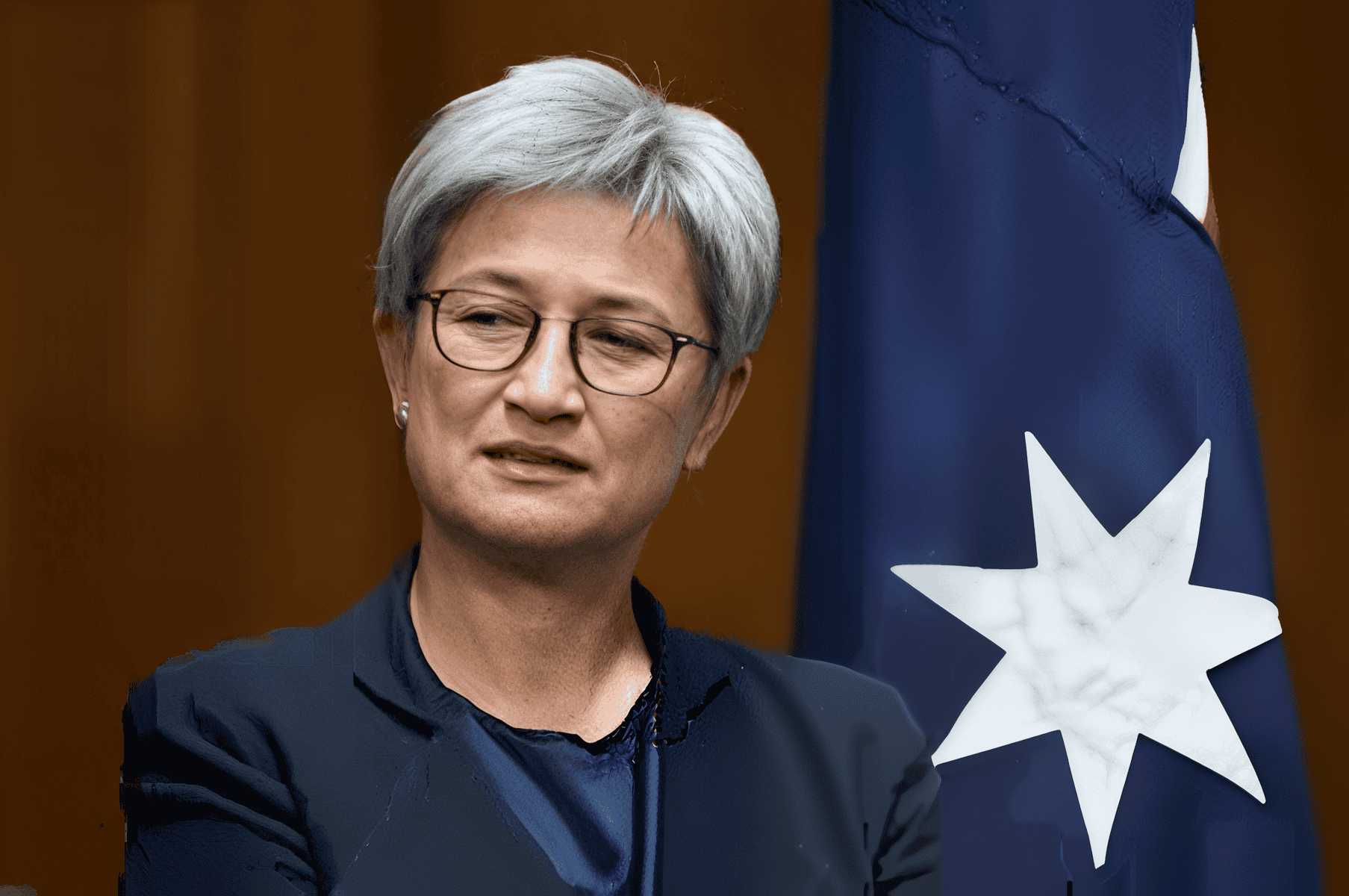Pacific Island nations will get a larger chunk of Australia’s foreign aid as spending is refocused after the United States slashed its aid agency.
Foreign Minister Penny Wong asked her department to compile a list of aid programmes across the Pacific and Southeast Asia that would be impacted by the Trump administration’s gutting of foreign aid.
Australia will shift AUD$119 million (US$75 million) to prioritise immediate gaps created in essential health services and climate action, including an extra AUD$5 million (US$3.15 million) to maintain HIV programmes in Papua New Guinea, Fiji and the Philippines.
Three-quarters of Australian aid will be put into the Indo-Pacific, including AUD$1 billion (US$630 million) over five years to boost economic resilience, AUD$370 million (US$233 million) over three years to address the humanitarian crisis in Myanmar and AUD$355 million (US$223.75 million) over four years to respond to climate disasters.
Australia will spend just under AUD$5.1 billion (US$3.21 billion) in development assistance in 2025/26, an increase of AUD$136 million (US$85.71 million) from the previous financial year, according to the federal budget handed down on Tuesday.
The Trump administration has slashed tens of billions of dollars from the foreign aid agency USAID, which has impacted the Indo-Pacific, including a shortage of food for refugees who fled Myanmar.
The aid shift will come from three multilateral institutions including reducing a payment to the global partnership for education and deferring funds earmarked for a global fund to fight HIV, Malaria and tuberculosis.
Planned increases in other development programmes will also be delayed.
Safer World for All’s Tim Costello welcomed the small increase in aid but called for a bigger boost, saying Australia needed to step up in the absence of the U.S.
Millions of people would die when the U.S. slashed pivotal measures like health programmes, he said.
“Cutting aid leads to unrest, inequality, it leads to profound conflict,” he said.
Australian Council for International Development interim chief executive Matthew Maury said Australia has sent a clear signal that “we are not retreating from our region”.
But he said more could be done because “the need for aid around the world is greater than ever”.
Aid is now 0.65 percent of the federal budget, and Maury called on the major parties to provide a pathway to restore it to one percent.
Australia will advocate for the Pacific and Southeast Asia to the U.S., Senator Wong said.
The foreign minister had been critical of the former coalition government for cutting aid, saying it left a vacuum in the Pacific that China was able to exploit and reduced Australia’s standing as a partner of choice for island nations.
